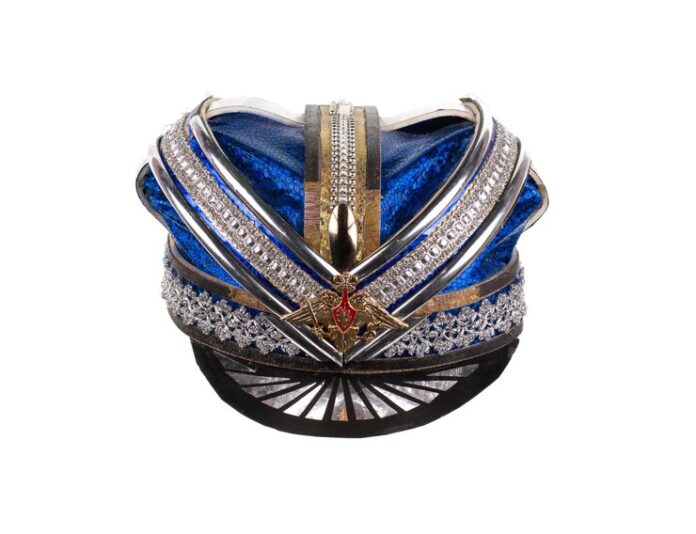Introduction: The amiri hat a distinctive and elegant headpiece, stands as a testament to the blending of rich cultural heritage and contemporary fashion. Originating from the Middle East, this hat has become a significant accessory not only in traditional settings but also in modern fashion circles.
1. Historical Roots of the Amiri Hat
Traditionally worn by nobility and scholars, the hat represents both sophistication and piety. Historically, the Amiri Hat was not only a sign of respect but also a symbol of intellectual and spiritual stature. The use of this hat in Islamic courts and royal circles further cemented its status as an important cultural marker. As such, it holds a deep significance beyond mere fashion—it’s a symbol of cultural identity, respect, and historical continuity.
2. The Amiri Hat in Modern Fashion
While its origins in tradition, it has experienced a remarkable evolution in modern fashion. Designers have reimagined incorporating elements of modern style while retaining its cultural essence. Today, it is often seen as a versatile accessory that bridges the gap between high fashion and cultural authenticity.
3. The Symbolism Behind the Amiri Hat

Beyond its aesthetic appeal, the amiri hat carries deep cultural and symbolic meaning. In many parts of the Middle East and North Africa, wearing the hat signifies respect for tradition and a connection to one’s cultural heritage. It is a quiet yet powerful testament to the values and ideals upheld by those who wear it.
4. The Global Influence of the Amiri Hat
With the rise of globalization and the increasing interest in cultural diversity, the has found its way into the fashion consciousness of people from various parts of the world.
5. The Amiri Hat in Popular Culture
The impact of is also seen in popular culture, where it is frequently featured in movies, music videos, and celebrity appearances.
6. How to Style the Today
Styling in contemporary fashion requires a delicate balance between tradition and modernity. For those seeking to incorporate into their everyday wardrobe, it can be worn with everything from traditional robes and garments to more casual attire, like denim jackets or tailored suits.
Conclusion:
The far more than just a headpiece—it is a living, breathing symbol of tradition, culture, and the dynamic relationship between the past and the present.

